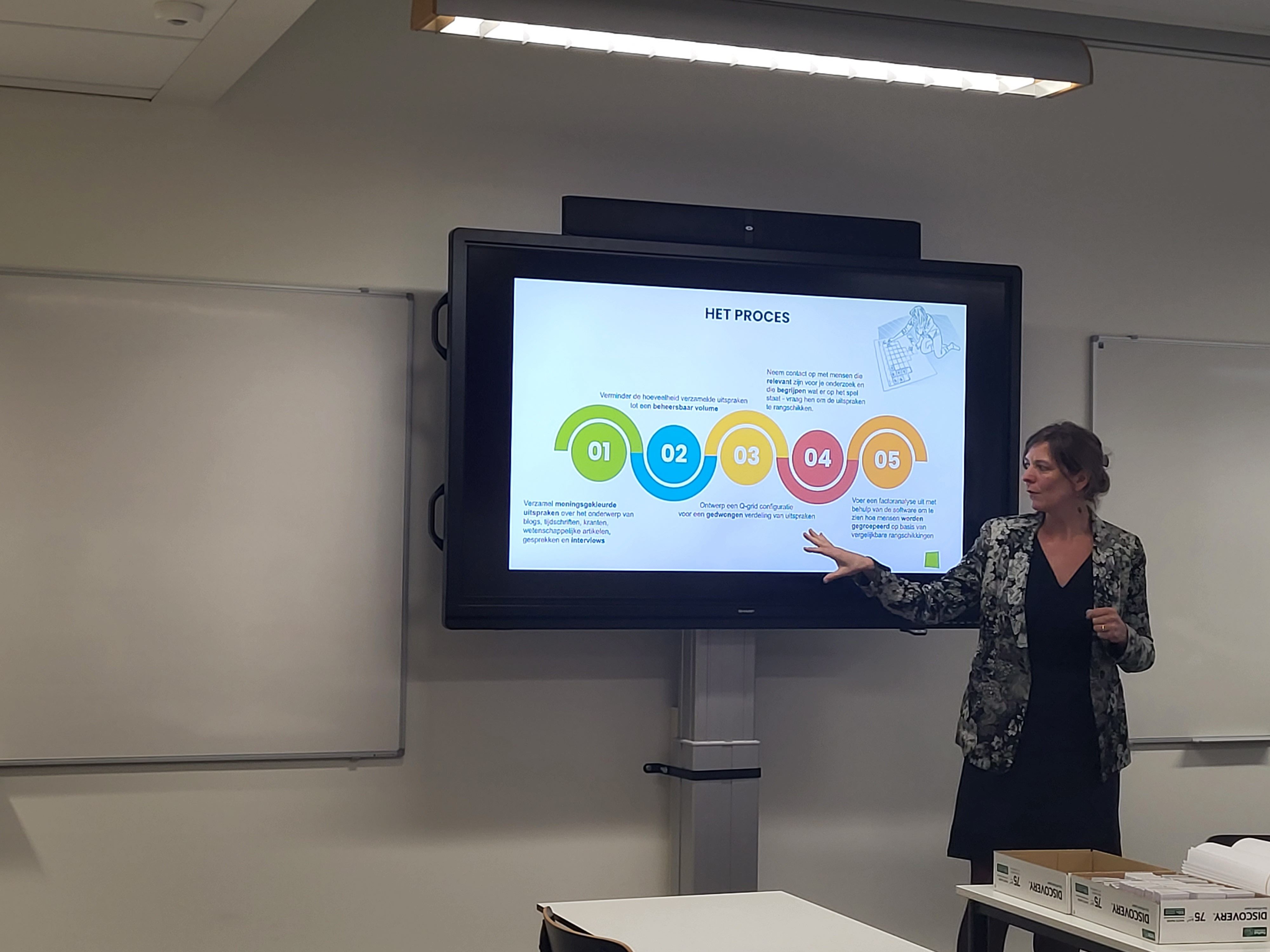The Hague Youth as World Citizens
How can young people, policymakers, and international institutions in The Hague come closer together and what can we achieve with the interaction between these groups?
Centre of Expertise Global and Inclusive Learning

How can young people, policymakers, and international institutions in The Hague come closer together and what can we achieve with the interaction between these groups?
The Hague Youth as World Citizens project, aimed at young people in The Hague's Schildersbuurt and Moerwijk neighborhoods, as well as two schools in Benoordenhout and Bezuidenhout, aligns closely with the United Nations’ Sustainable Development Goal #16 “Peace, Justice, and Strong Institutions”, a goal which The Hague, as the international city of peace and justice, is constantly working towards.
Purpose of project
The main purpose of the research project is to assess the difference in viewpoints between the youth and policymakers in The Hague.
The first phase of the project primarily involves conducting research to find out how young people, policymakers, and international institutions in The Hague can come closer together and what can be achieved with the interaction between these groups by using interviews and the Q-methodology. Interviews are conducted in community centers and schools in The Hague by students from The Hague University of Applied Sciences. The Q-methodology, commonly used in psychology and social sciences, is a methodology used for assessing viewpoints. With the Q-methodology, it is possible to compare the viewpoints of young people and policymakers in The Hague.
The second phase of the project involves a course organized by the T.M.C. Asser Institute focusing on negotiation and conversation techniques. This course is open to young people from schools and community centers in The Hague. Additionally, young people participate in organized visits to international organizations, including the Helsinki Committee, the Children and Youth Rights Shop, and the Municipality of The Hague.
The third phase of the project involves organizing, facilitating, and observing focus group discussions in schools and community centers in The Hague. These discussions bring together young people, policymakers, and representatives from the international field to engage in fruitful dialogue on important issues.
Cooperation partners
The Hague Municipality
T.M.C. Asser Institute
Wijkz, Mehr Onderwijs
Maris College Houtrust and Statenkwartier
Research Group Global Citizenship
Research group Changing Role of Europe
Study programs
European Studies and Public Administration/Government Management
Finance
This project is partly funded by The Hague Municipality.
Duration of project
January 2024 - December 2024
Project leader
dr. Rosa Groen